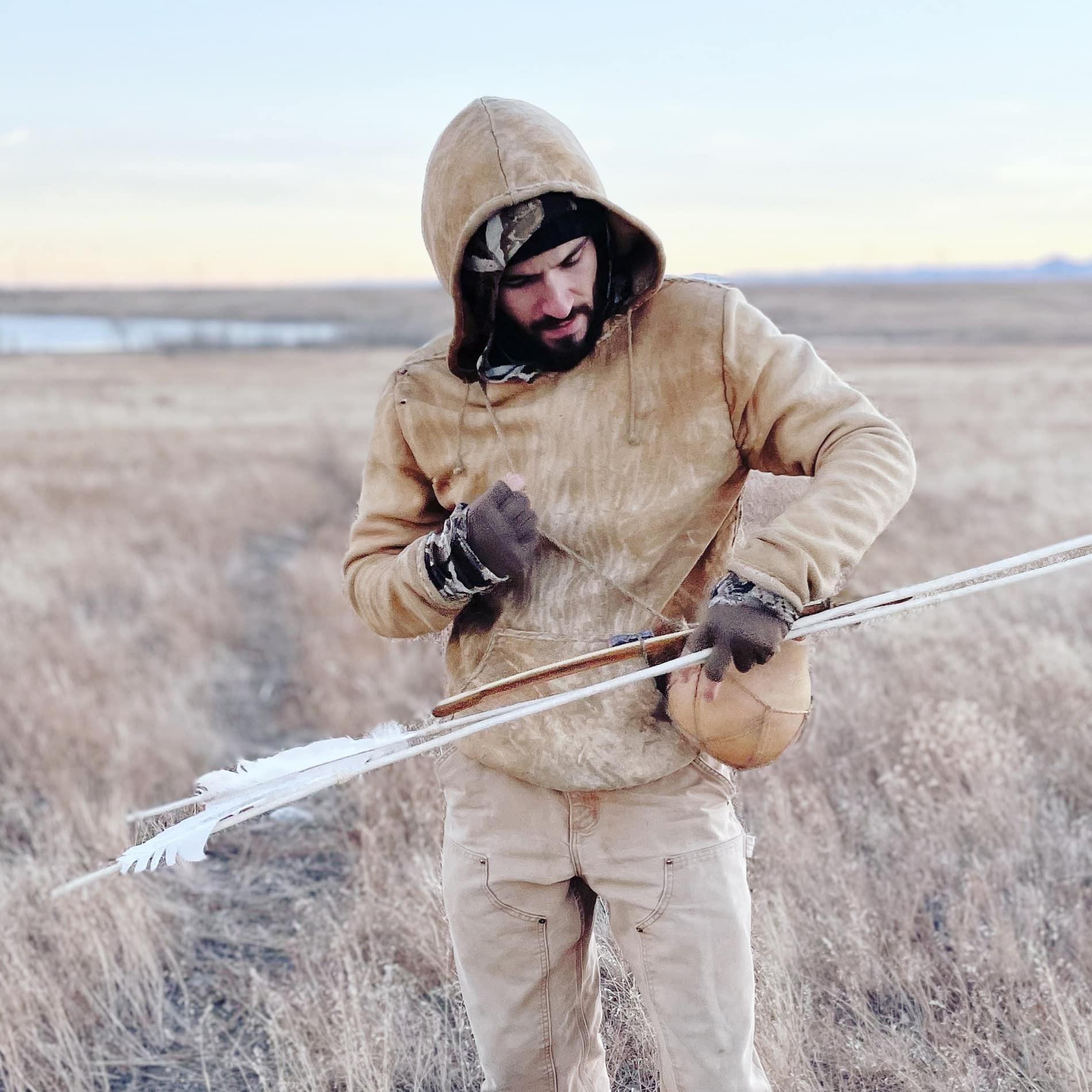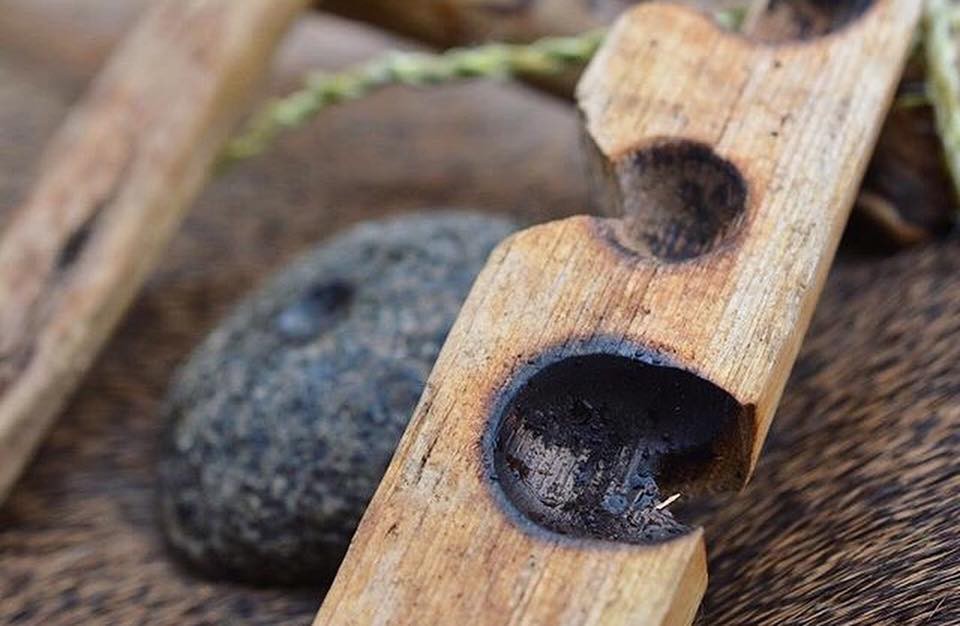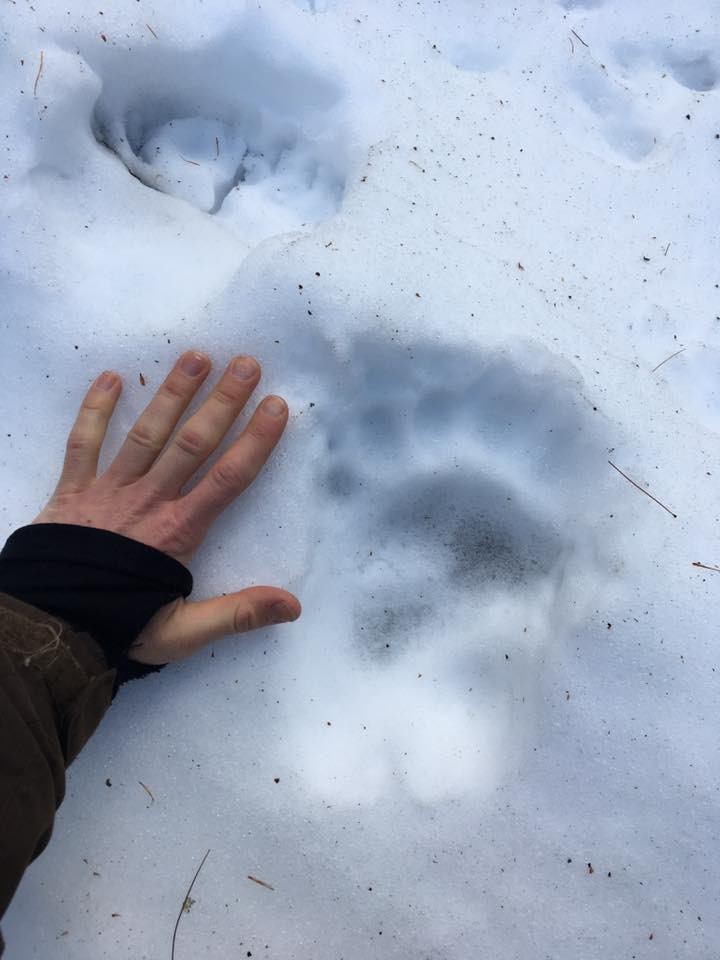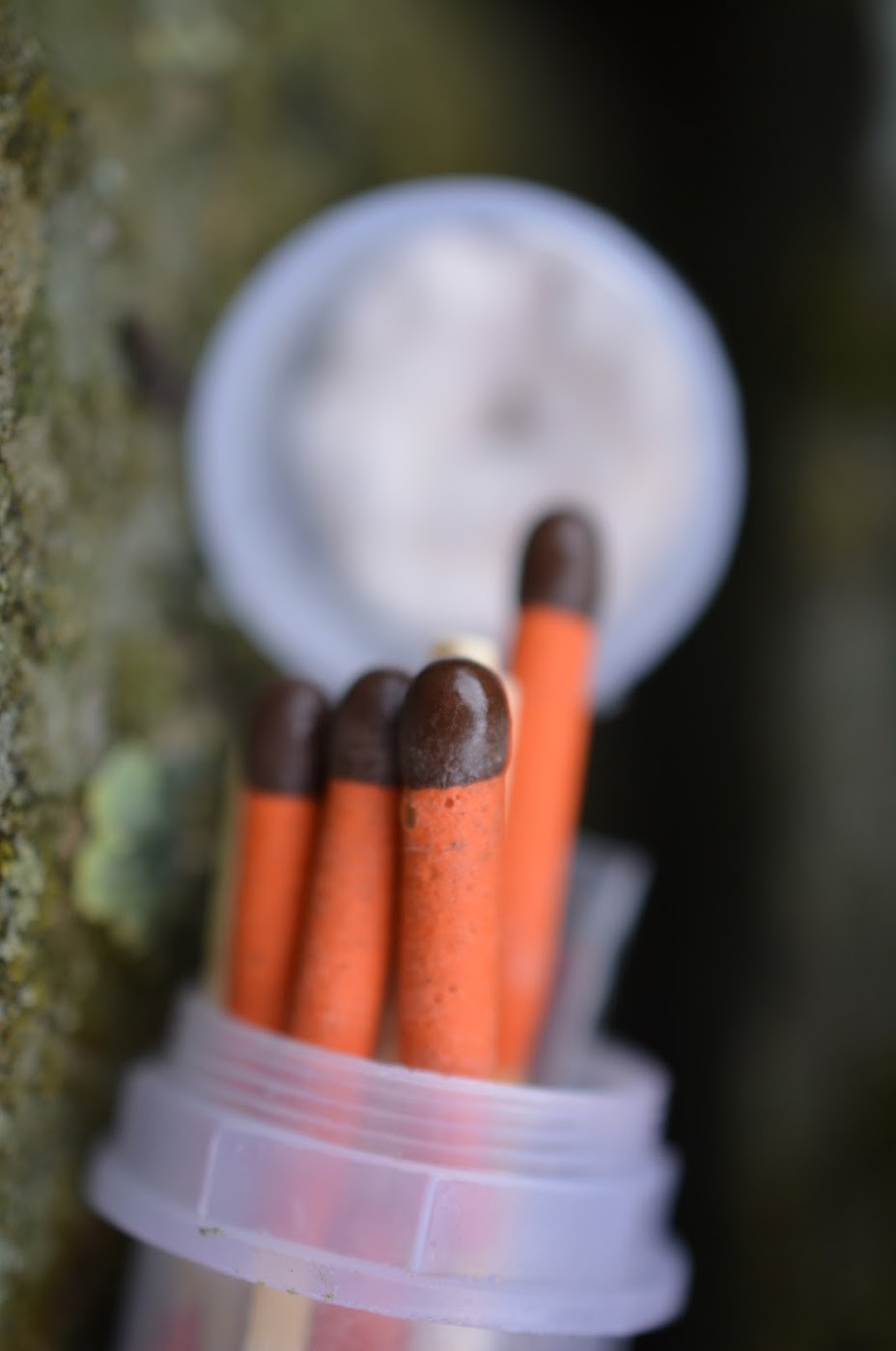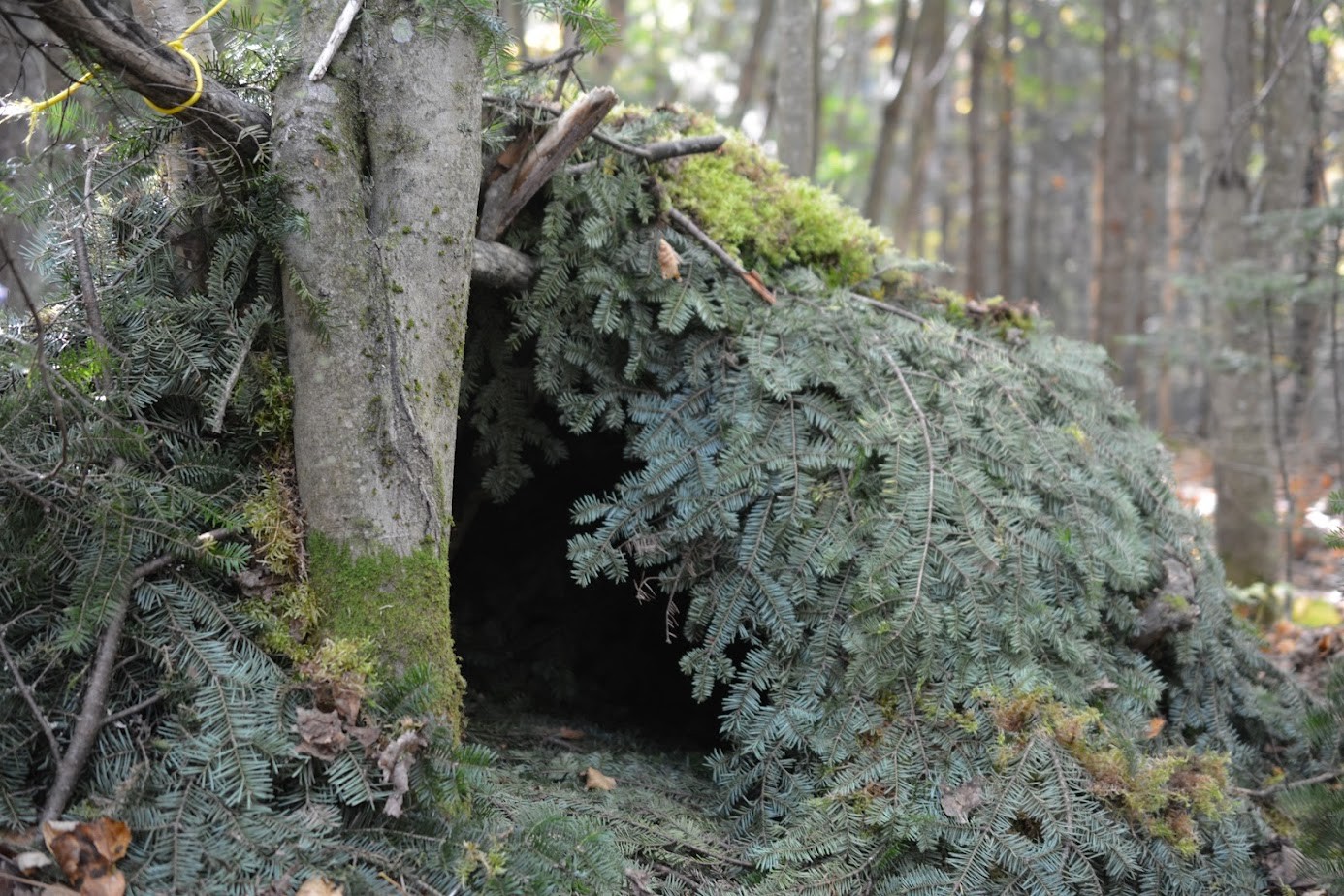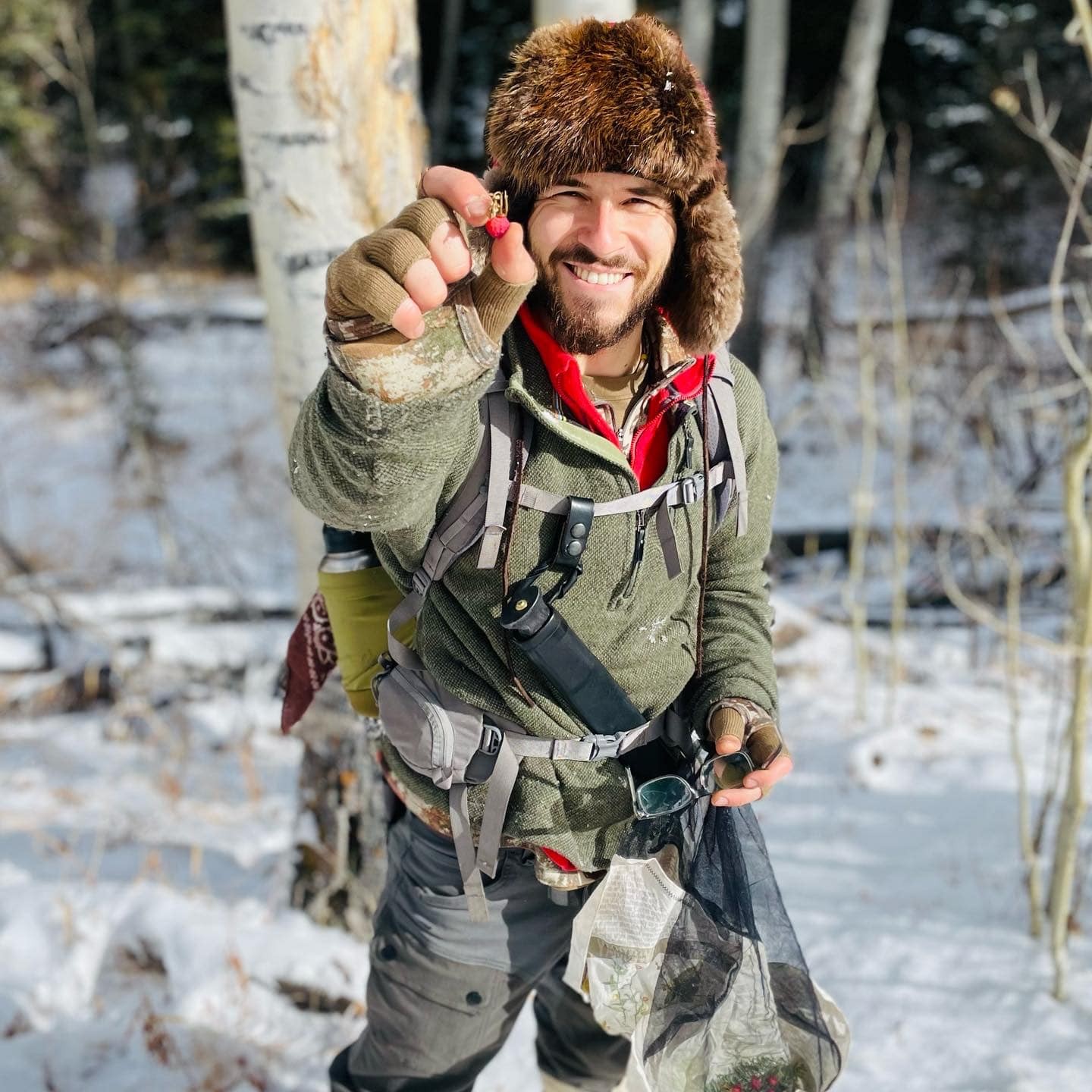We caught up with the brilliant and insightful Tim Swanson a few weeks ago and have shared our conversation below.
Tim, thrilled to have you on the platform as I think our readers can really benefit from your insights and experiences. In particular, we’d love to hear about how you think about burnout, avoiding or overcoming burnout, etc.
As educators, instructors, and guides, we put ourselves in front of groups of people day after day to teach different skills. The education field as a whole has a very high burn out rate as it can be exhausting to be teaching. We have things we don’t necessarily enjoy teaching that may be necessary. We have students that interrupt or have a hard time learning. We may have various learning styles to accommodate. We have to put our students’ needs before our own most of the time, or potentially follow a certain schedule which could create stress. There’s a great reason why burn-out is real.
I created Owl Eyes Wilderness Survival 10 years ago and it is my full time job and my passion. My team and I teach high quality, professional level survival skills day after day all year long. Classes range from 3 hours to 4 days straight. We even have a “Monthly Skills Club” online which folks can sign up to to learn a specific set of skills every month. These are skills we are passionate about teaching, practicing, and utilizing. However, after a summer of no days off, we can be tired! The tips I follow and teach my team help to avoid burn-out and have proven to work over the years. Here’s our “Top 10 Strategies to Avoid Burnout” list:
1. Be a Student
-Take a class! I enjoy taking other classes to help develop my skills, learn different teaching strategies, and to put my brain in a different place. I find it relaxing to be able to sit back and listen to another instructor teach. Even if its a topic you know a lot about, you will benefit.
2. Prioritize Your Basic Needs
-Eating, drinking, and going to the bathroom can take time out of a class. I found that students never mind that I eat when I give students time to work on their skills. I will also frequently give 5 minute breaks to allow students to do the same. Drink water! After a long day of classes, its especially important to stay hydrated throughout the day for energy after a class.
3. Provide Hands-On Skills
-this allows students to go on their own journey and for you to not be speaking as much. Give students time to do those skills as you walk around and watch them.
4. Teaching Should Be Easy
-If there is a topic that’s hard to teach, its also hard to learn. Taking the time to find creative ways for students to learn skills without stress will help your longevity as an educator.
5. Set Boundaries
-Having boundaries allows you to create structure with your teaching. Set your price, schedule, timing, max number of students, etc. Stick to these boundaries. This helps you to develop a smooth curriculum.
6. Know What You Are Teaching
-Unfortunately, its easy to find a survival instructor who watch a few “how-to” videos and started up a survival skills business with no actual wilderness experience. I never teach a skill unless I feel over qualified to teach so that I never have to figure it out in a class. It can be exhausting to struggle on a skill or topic when you are in front of a class of 25 people. It can also be unethical to teach a topic you do not understand.
7. Memorize Your Curriculum
-Developing and setting a curriculum will help you practice teaching the same way every time so you do not have to read a script. Set a baseline for each class and build off of that if you would like to incorporate new techniques and topics over time. This allows you also to develop a style so students know what to expect for their next class.
8. Teach Fewer Topics
-Although it seems beneficial to have a bunch of topics you offer as an educator, teaching fewer topics helps to avoid burnout. This allows for less prep time, less materials, and also lets the public know who you are. Develop topics that you enjoy and that compliment each other.
9. Don’t Be Afraid to Make Mistakes
-You can always correct yourself in class. It can be a nervous experience to teach people that you have never met before. Laugh at yourself and make it funny. Humor does wonders to correct any mistake and your students will forgive you.
10. Know Your Worth
-Ask any public school teacher if they feel underpaid and I can guarantee you that they will say yes. Know what you are worth and set your price. This will keep a positive mentality about teaching, and help you to “stay in the game”.
These techniques are what I use to avoid burnout and I am glad to share them with you and hope they will help you to build resiliency against burnout.
Let’s take a small detour – maybe you can share a bit about yourself before we dive back into some of the other questions we had for you?
Tim Swanson started Owl Eyes Wilderness Survival in 2014 in hopes to connect people of all backgrounds to the natural world. OEWS offers high quality, professional level survival skills to beginners and advanced students alike. Classes are offered in the wilderness, off-trail, and away from any comforts to give us a genuine outdoor experience. Skills include fire building, shelter building, fishing, archery, foraging, animal tracking, wood carving, and more! Adult survival classes are offered every month of the year on weekends, along with homeschool programs throughout the week. For distance learning, Owl Eyes Wilderness Survival also offers an online, monthly club which students focus on a set of skills each month, while earning a patch to represent their month. All ages, backgrounds, and experience levels are welcome to all OEWS classes.
There is so much advice out there about all the different skills and qualities folks need to develop in order to succeed in today’s highly competitive environment and often it can feel overwhelming. So, if we had to break it down to just the three that matter most, which three skills or qualities would you focus on?
Teaching a variety of learning styles, having deep and long term experience in these skills, and making things fun! I would encourage folks to get out there and practice as much as they can while challenging themselves to do better. They owe it to their students.
Who has been most helpful in helping you overcome challenges or build and develop the essential skills, qualities or knowledge you needed to be successful?
It may sound cliche, but my students are the people who are responsible for a lot of what I do. I want to give them the best skills I can offer and if they ask a questions that I either do not know the answer to, or have never thought about, you bet I am going to head out there and find out what it is! My curriculums have been changed and developed over time in watching students grow through the skills and observing what beginners can achieve at first. My advanced classes hold skills that I would never encourage beginners to dive right into as they require more focus and experience.
Contact Info:
- Website: owleyeswilderness.com
- Instagram: @owleyeswilderness
- Youtube: https://youtube.com/@OwlEyesWildernessSurvival?si=TOrDTTJNxOHoTJOh
